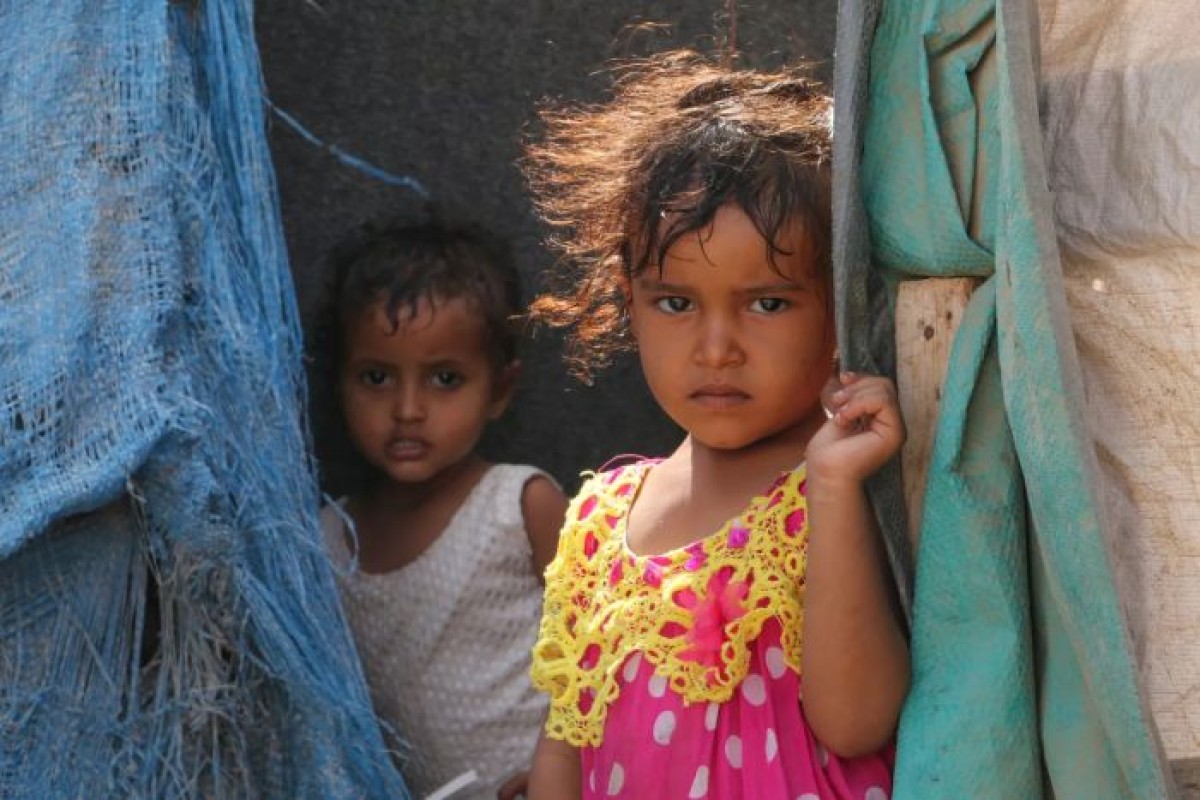12 million children in Yemen are vulnerable to diseases caused by climate shocks


A UN analysis confirmed that children in Yemen are more vulnerable to diseases resulting from climate and environmental shocks, and their vulnerability to these shocks due to limited access to basic water, sanitation, education, and health services.
The United Nations Children’s Fund (UNICEF) said in its “Analysis of the Climate Landscape and its Impact on Children in Yemen,” that children are more vulnerable due to exposure to climate and environmental shocks, and “Estimates indicate that 12.2 million children in the country live in areas Are exposed to one or more vector-borne diseases.
The analysis added that, according to the UNICEF index of children’s exposure to climate risks, Yemen ranks 26th out of 163 countries, meaning that it is in the “extremely high risk” category, where children are most vulnerable due to exposure to climate and environmental shocks and their vulnerability to These shocks are due to limited access to basic water, sanitation, education and health services.
UNICEF indicated that children in Yemen are still dying mainly from diseases that can be easily prevented or treated, such as acute respiratory infections, diarrhea, and malaria, and that malnutrition is often the underlying cause of deaths among them, and “but it is possible that High temperatures and floods - which create suitable conditions for mosquitoes to reproduce - lead to high rates of malaria and dengue fever, and thus increase deaths among them.
The analysis expected an increase in morbidity and mortality rates among children in Yemen as a result of rising temperatures, an increase in the spread of water-borne and vector-borne diseases, the frequency of extreme weather events, and an exacerbation of cases of malnutrition due to droughts and floods that affect agriculture, and a decrease in the availability of safe water. .
UNICEF called for the necessity of reviewing climate, environment and energy conditions, reducing disaster risks and their effects on children, providing protection and a safe environment for them, and working to enhance the continuation of social services in the areas of health, nutrition, water, sanitation, environmental sanitation and education, in order to build a better world. For children.